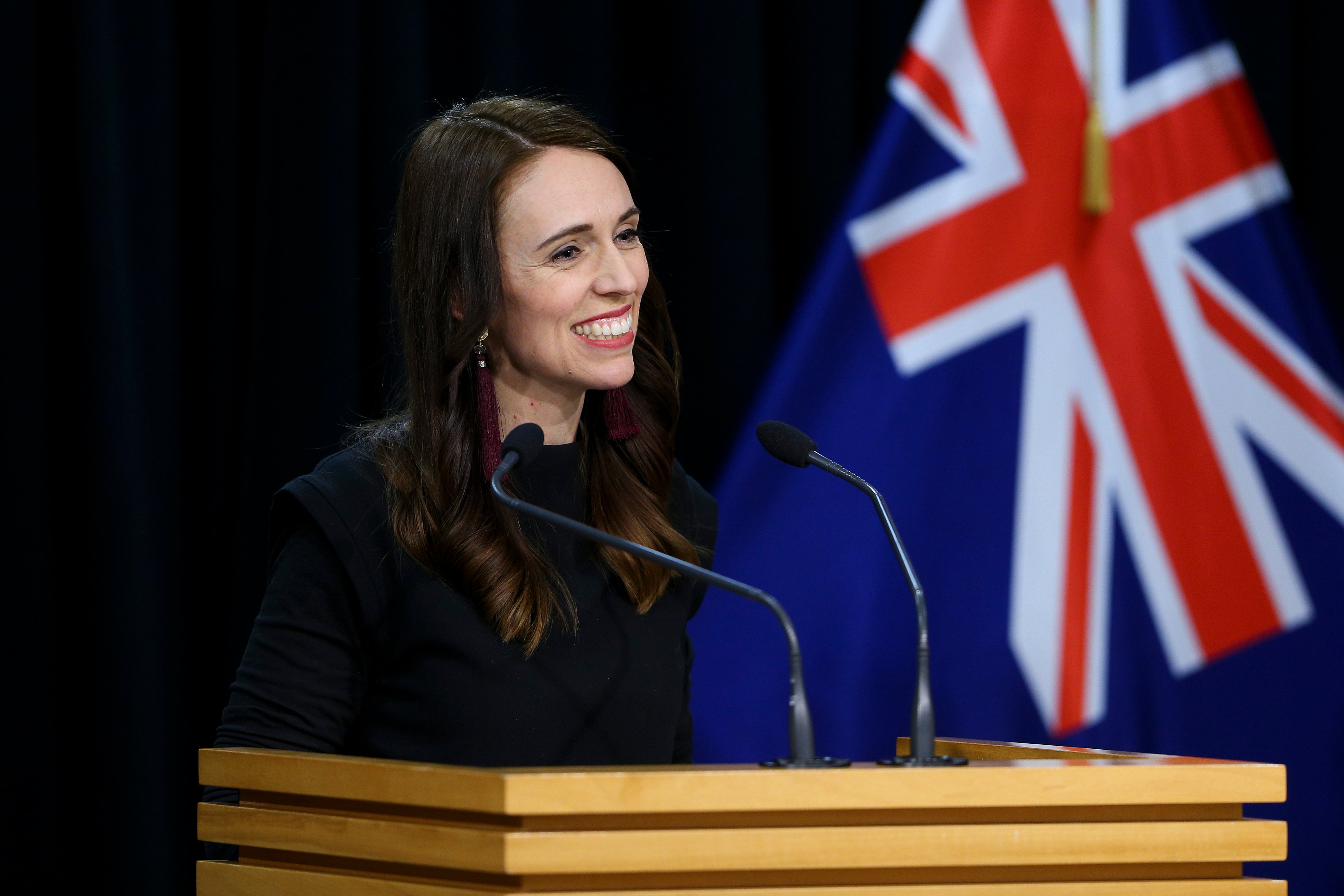Jacinda Ardern formally declares climate emergency and commits to net-zero emissions by 2025
Prime minister Jacinda Ardern called it one of the greatest challenges of our time

Your support helps us to tell the story
From reproductive rights to climate change to Big Tech, The Independent is on the ground when the story is developing. Whether it's investigating the financials of Elon Musk's pro-Trump PAC or producing our latest documentary, 'The A Word', which shines a light on the American women fighting for reproductive rights, we know how important it is to parse out the facts from the messaging.
At such a critical moment in US history, we need reporters on the ground. Your donation allows us to keep sending journalists to speak to both sides of the story.
The Independent is trusted by Americans across the entire political spectrum. And unlike many other quality news outlets, we choose not to lock Americans out of our reporting and analysis with paywalls. We believe quality journalism should be available to everyone, paid for by those who can afford it.
Your support makes all the difference.New Zealand’s government has declared a climate change emergency and committed to make its public sector carbon-neutral by 2025, calling on the country to "act with urgency".
Prime Minister Jacinda Ardern, who returned to power with a landslide majority in October election, moved the motion in parliament on Wednesday and majority of parliamentarians voted in favour of the motion following an hour-long debate.
Ms Ardern said in parliament the declaration is based on findings by Intergovernmental Panel on Climate Change which suggests emissions need to fall by 45 percent by 2023 and reach zero by 2025 to avoid more than 1.5 degree Celsius rise in global warming.
"[Parliament will] show leadership and demonstrate what is possible to other sectors of the New Zealand economy by reducing the government's own emissions and becoming a carbon-neutral government by 2025”, Mr Ardern said.
The country has joined 32 other nations, Japan, Canada, France and Britain, which have taken the same course to focus efforts on tackling climate change and declared climate emergency.
However, opposition parties voted against the motion, calling it a marketing stunt.
"Declaring a climate emergency is nothing but a hollow, symbolic gesture. It is not worth making if there's no intention to act in the best interests of New Zealanders," said Stuart Smith, opposition climate change spokesperson.
According to experts, New Zealand is, however, way behind its target of net zero emissions by 2050, a goal set out with legislation passed in the prime minister's first term as Zero Carbon Act.
The country contributes 0.17 percentage of global emissions with its net emission rising by 60% in last 20 years. Its global emission rate has placed it on 17th place out of 32 OECD countries.
Transport at 47.0 per cent and manufacturing industries and construction (17.9 per cent) have remained the biggest source for country’s CO2 emissions.
The government on Wednesday said the government agencies will have to “measure and reduce their emissions and offset what they can't in order to achieve carbon neutrality.”
The promise of public sector achieving carbon neutrality by 2025 will include government agencies purchasing electric vehicles, closing down 200 active coal boilers and downsizing the size of their car fleet.




Join our commenting forum
Join thought-provoking conversations, follow other Independent readers and see their replies
Comments